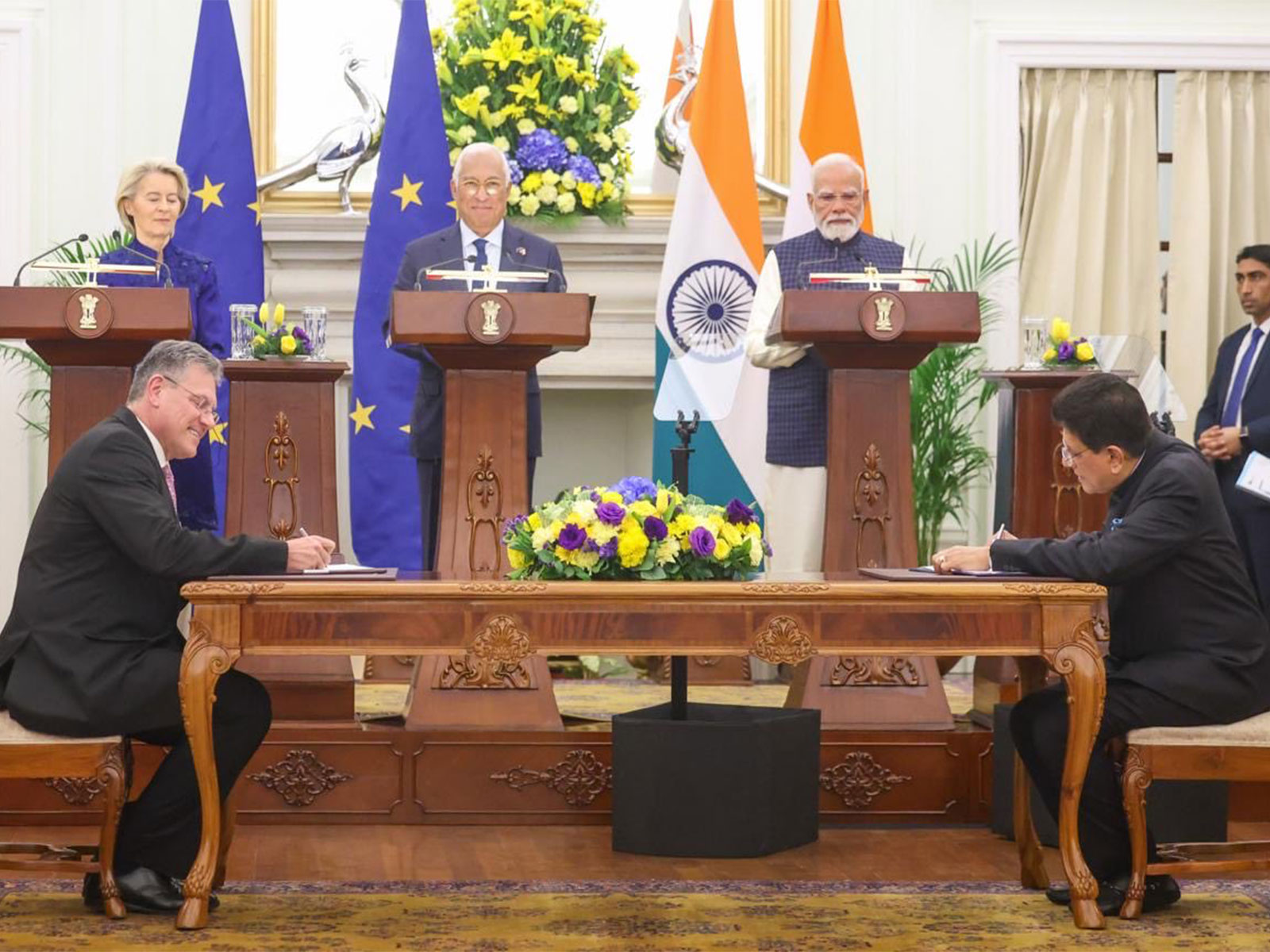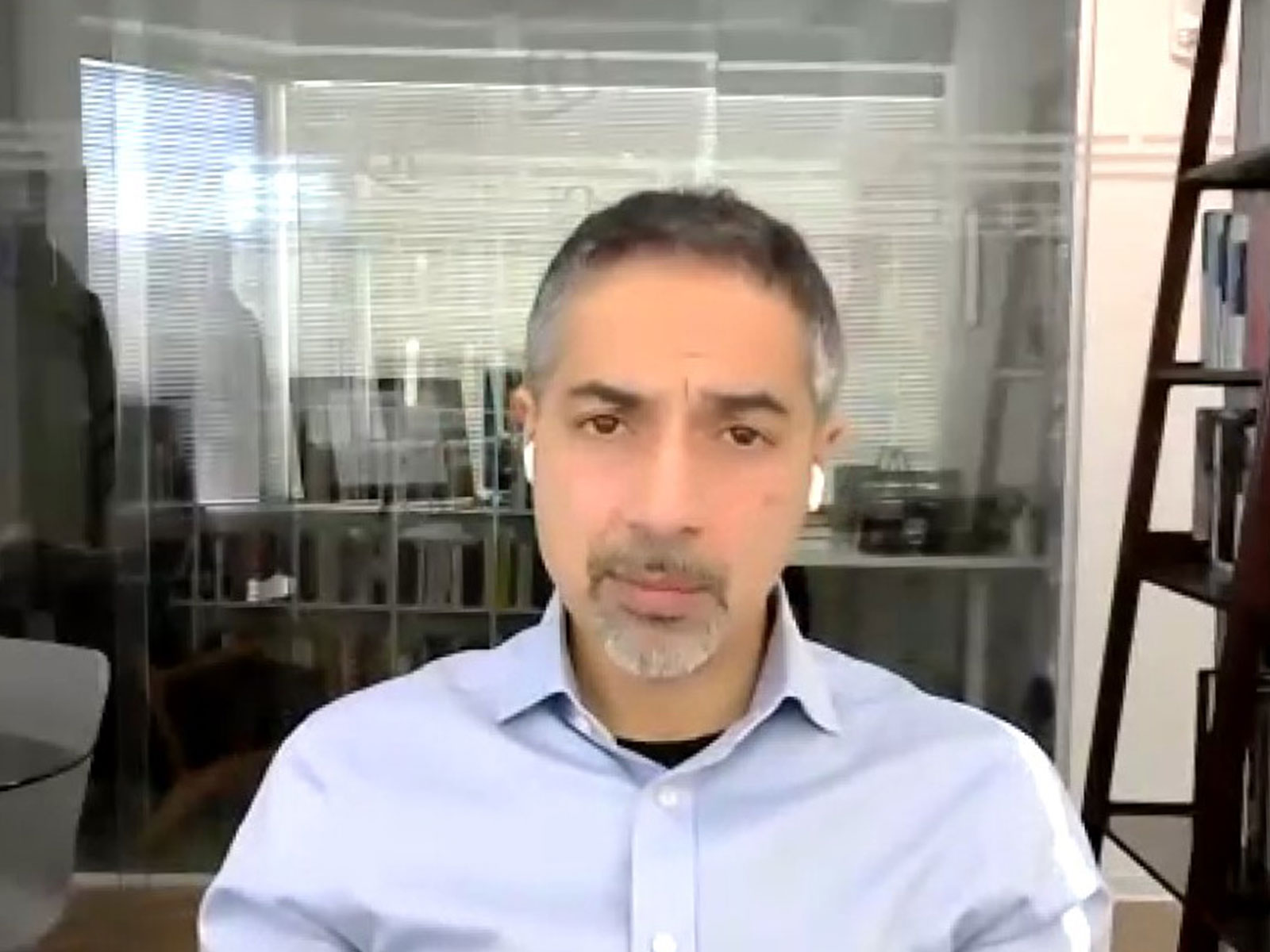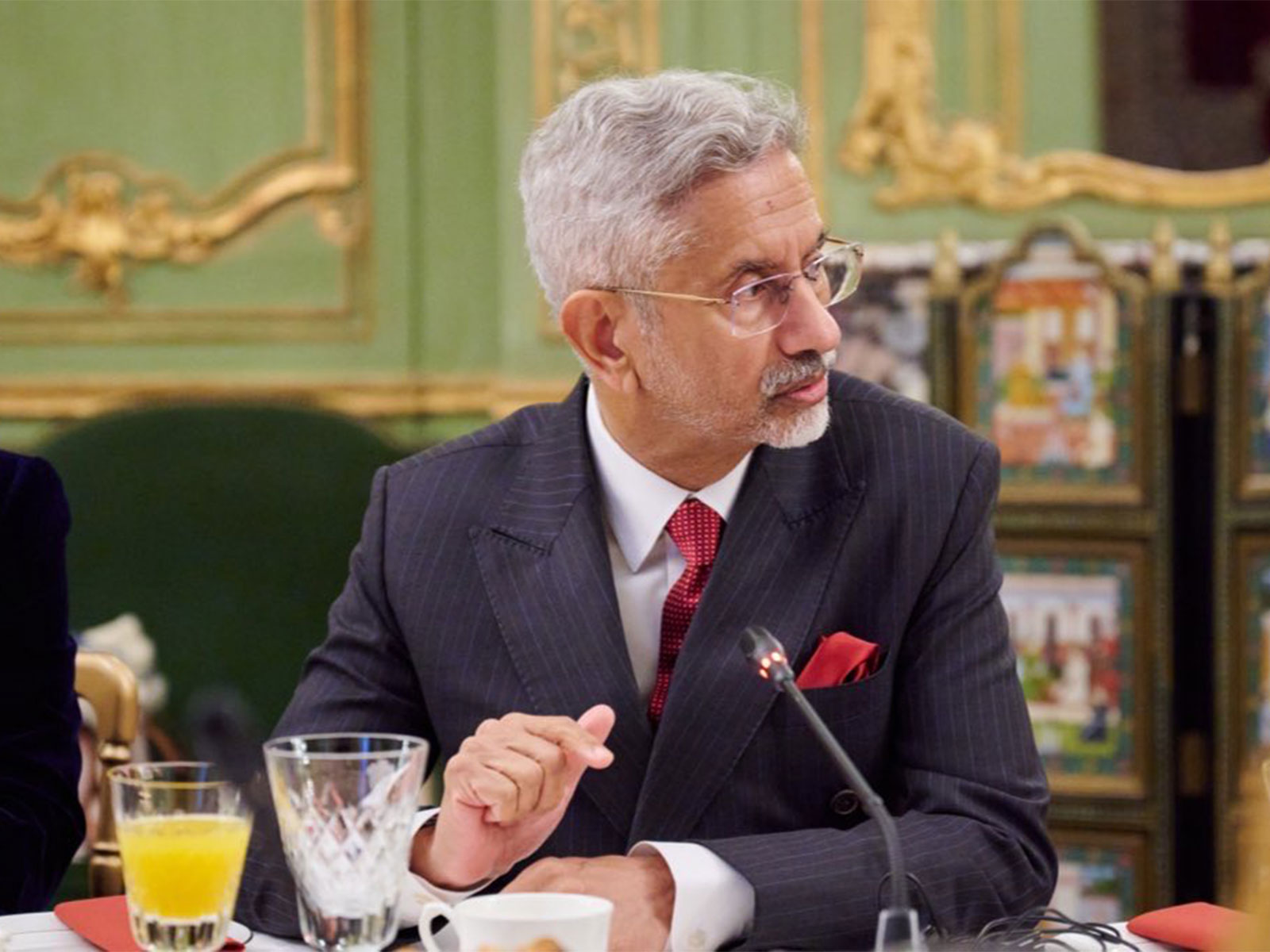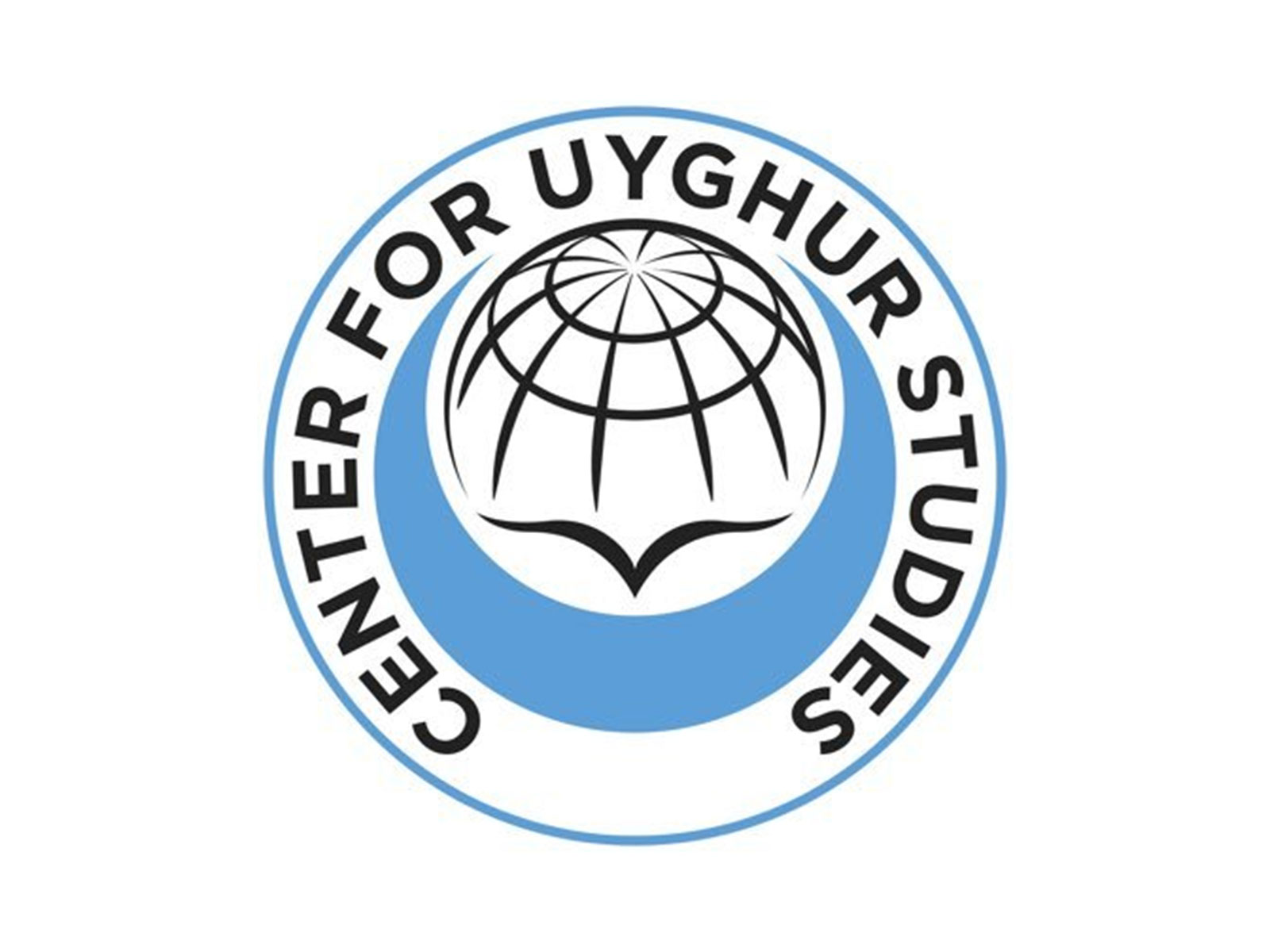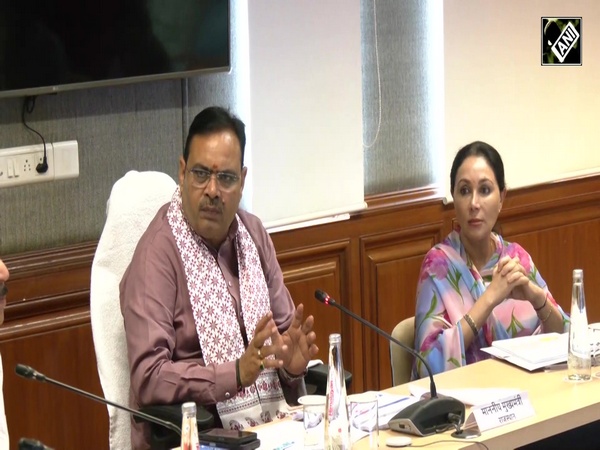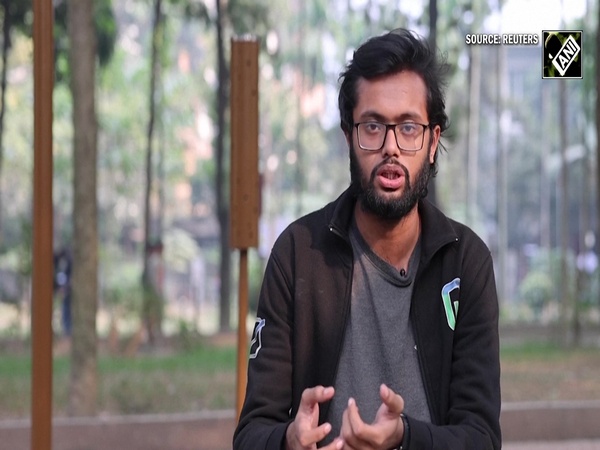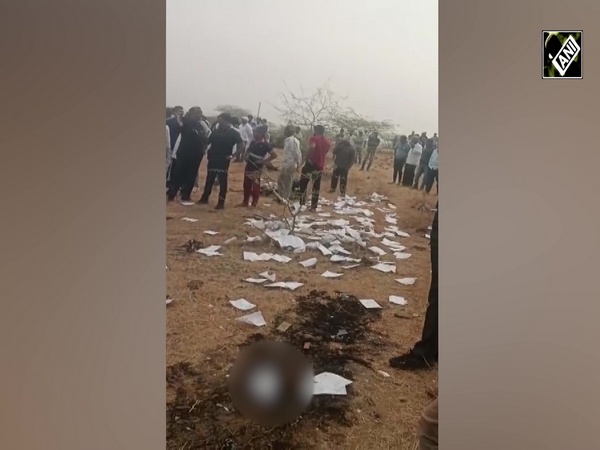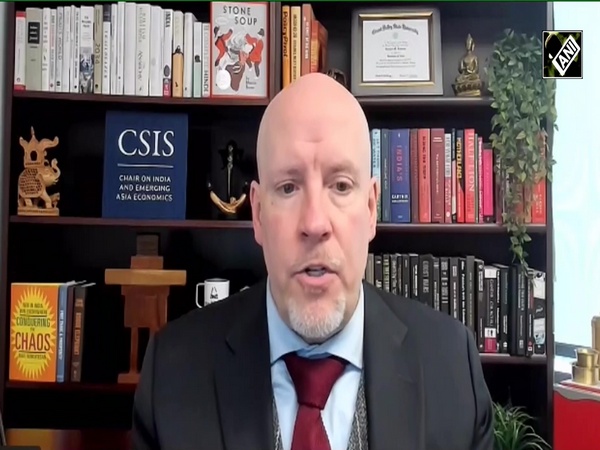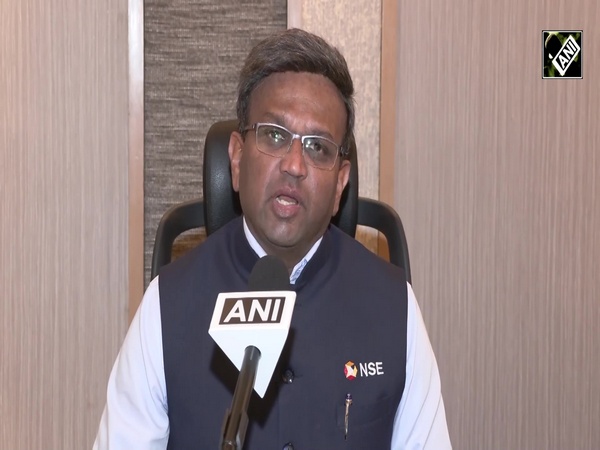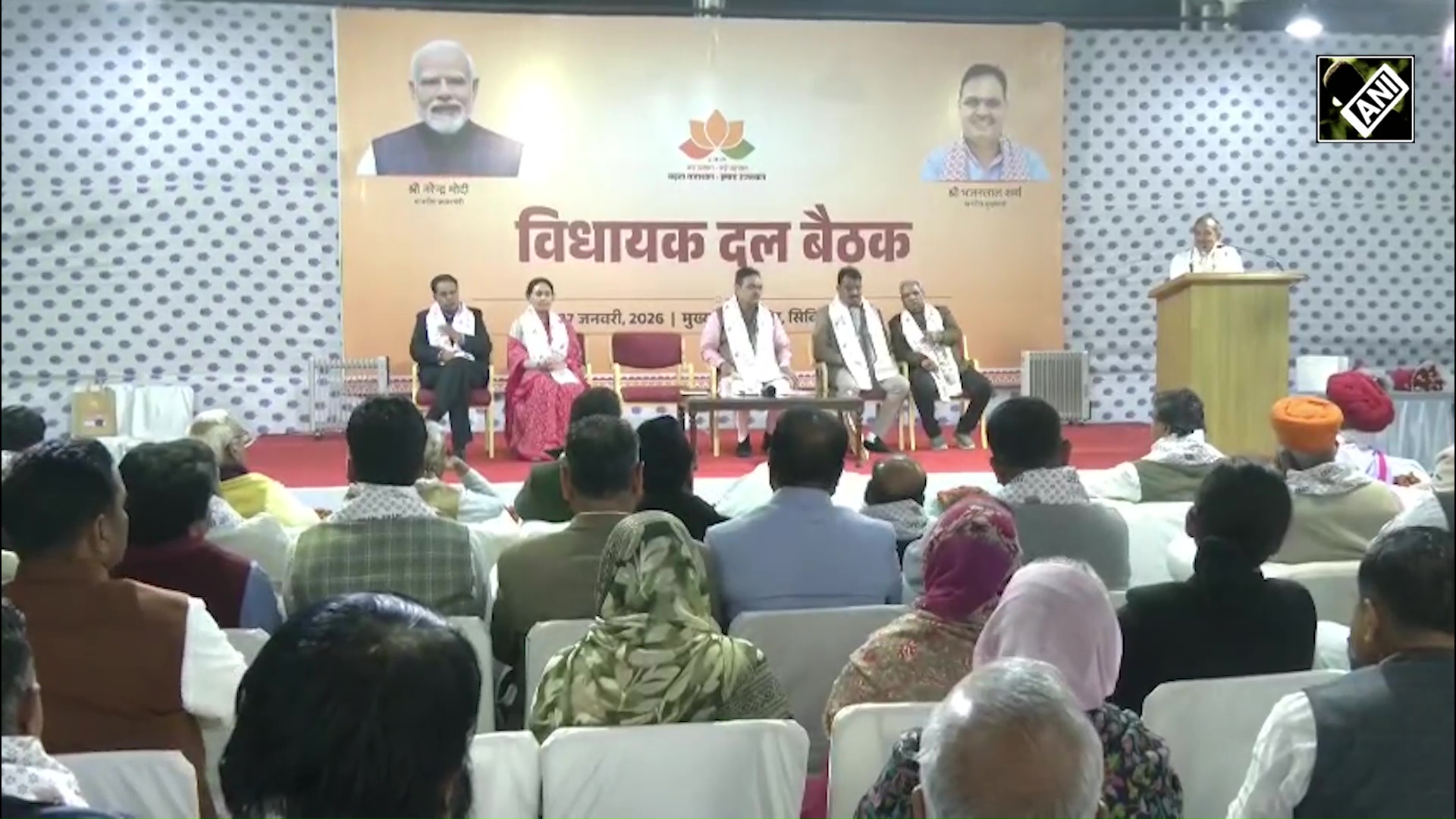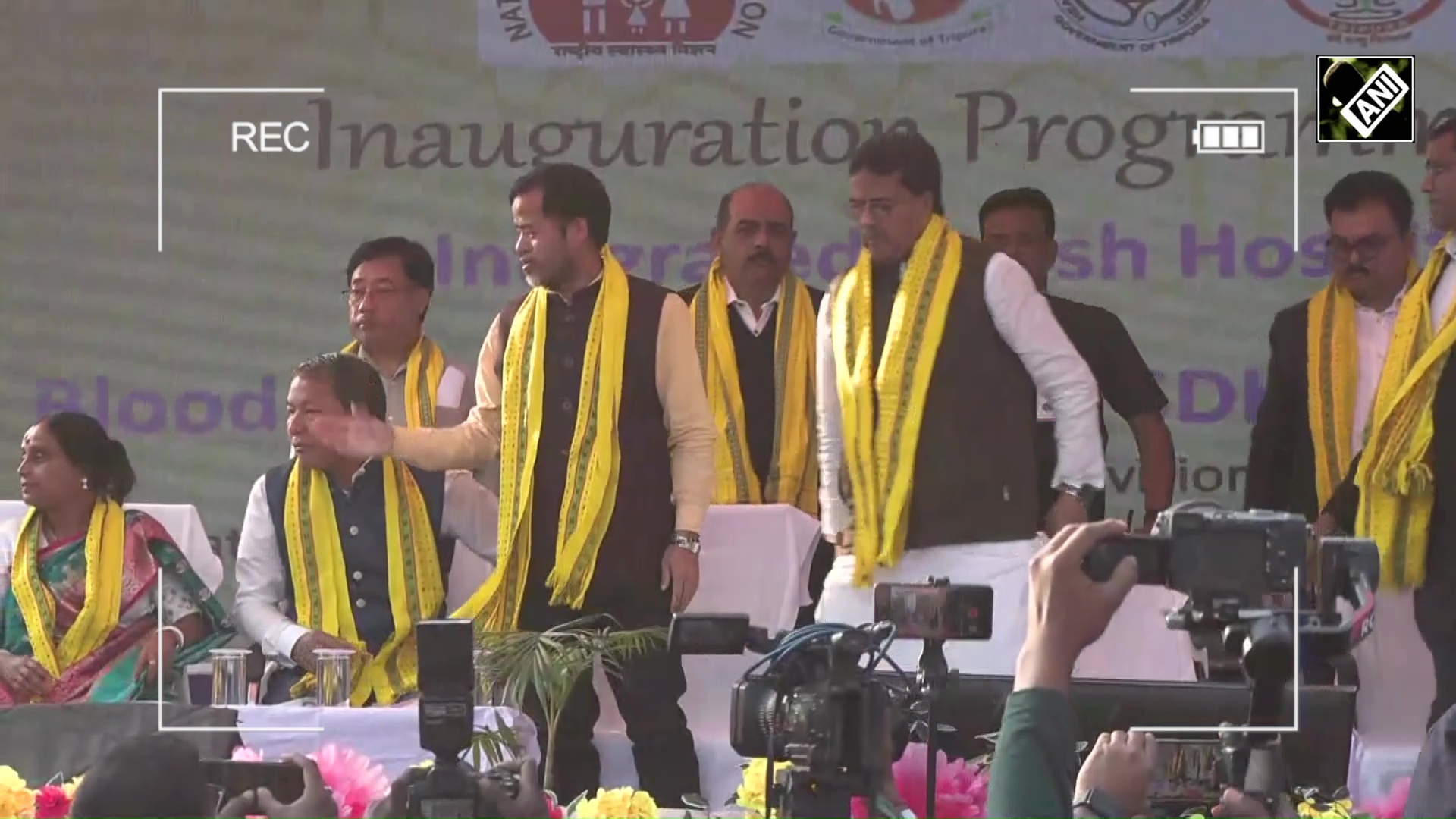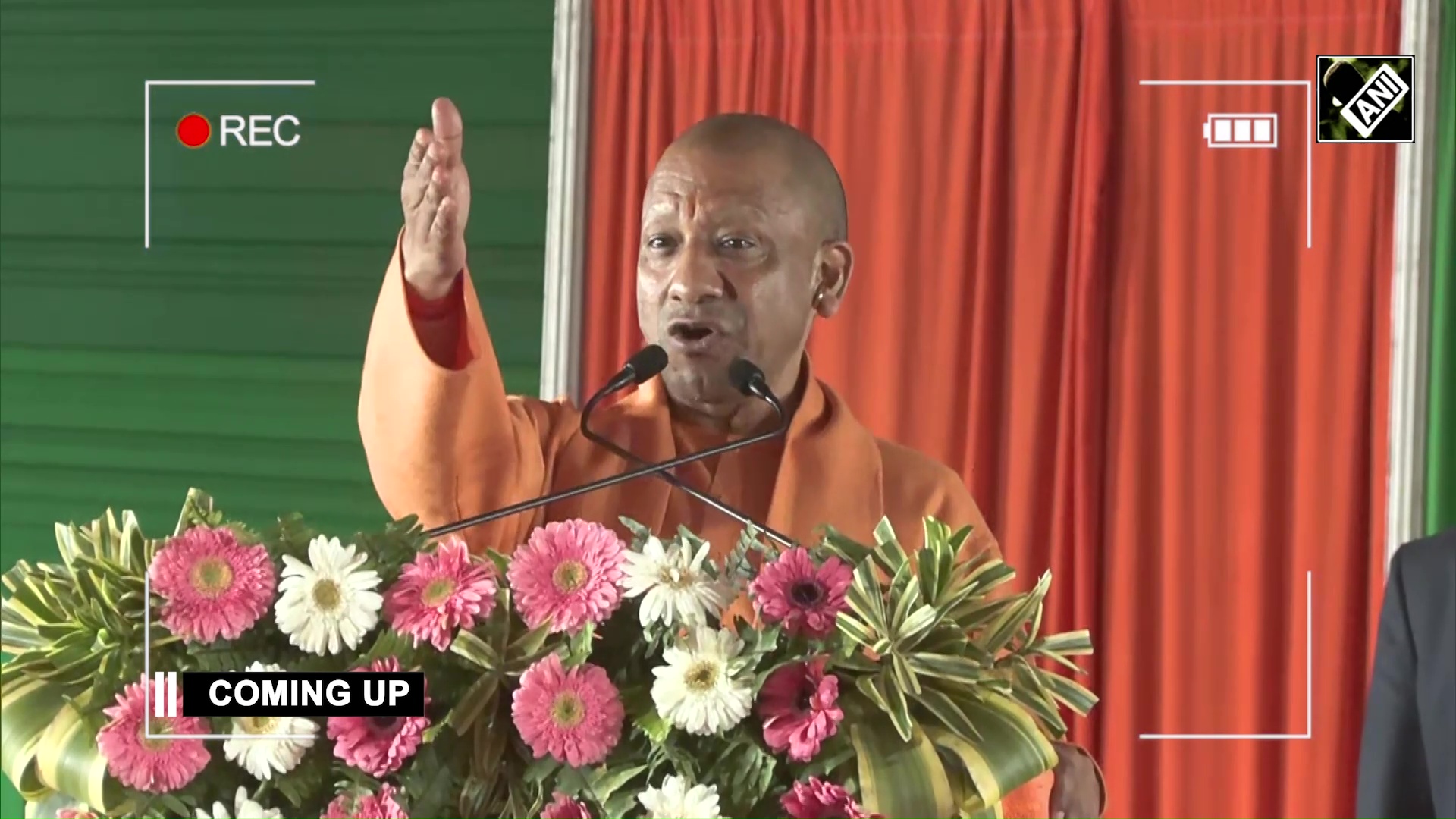The saga of China's crackdown on Uyghurs in Xinjiang
Feb 14, 2021

Beijing [China], February 14 : China's sweeping crackdown on Muslim ethnic minority, Uyghurs in Xinjiang since 2017 in the name of counterterrorism has drawn global ire, particularly US State Department, that has classified it as 'genocide', reported The Washington Post.
Eva Dou, in an article in The Washington Post, reported that as per the scholars, more than one million Uyghurs were detained in re-education camps, where they receive daily indoctrination programmes, with reports of torture for periods ranging from weeks to years.
China denied the existence of such camps, but under global pressure in 2019 it eventually accepted that all trainees at "vocational educational and training centers" in Xinjiang had graduated.
However, China has continued to build massive detention centers in the region since then.
Many former detainees were transferred to work in newly constructed factories, prompting concerns about forced labor that led to US sanctions, reported Dou.
Uyghurs are a nomadic Turkic people native to China's northwestern Xinjiang region. Many Uyghurs are Muslim, and their religious faith has put them at odds with the officially atheistic Chinese Communist Party.
About 12 million Uyghurs live in Xinjiang, with smaller groups in Kazakhstan, Turkey and other countries.
Parts of Xinjiang had two brief periods of self-rule as East Turkestan (1933-1934 and 1944-1949) before the region came under Mao Zedong's Communist rule in 1949, along with the rest of China. A number of Uyghurs continue to hope for political independence one day, a stance that is harshly suppressed by Beijing.
China points to sporadic terrorist attacks in Xinjiang and an Uyghur independence movement as justification for the crackdown, reported The Washington Post.
Uyghur activists say years of state-sponsored oppression and discrimination against Uyghurs have fueled grass-roots anger against the government.
Ethnic tensions between Uyghurs and China's majority Han people have long simmered in the region, occasionally breaking out into violence. In 2009, Xinjiang's capital city, Urumqi, was wracked by riots, resulting in 197 dead and many more injured.
Beijing's focus on stability in Xinjiang is driven by the region's geopolitical and economic importance.
Xinjiang is rich in oil and produces the vast majority of China's cotton.
The region has land borders with Afghanistan, Russia, Pakistan, India, Mongolia, Kazakhstan, Kyrgyzstan and Tajikistan, and China has long prioritized the need for stability on its sometimes fractious periphery.
China has long carried out heavy-handed ethnic assimilation of Uyghurs, but the policies reached new levels under President Xi Jinping, wrote Dou.
In 2017, Xinjiang began a massive political re-education program, with more than one million Uyghurs from all walks of life taken into detention. The reasons for detention could be as minor as wearing a headscarf or long beard, having more than two children, or travelling overseas for vacation, reported The Washington Post.
These detentions lasted for months or even years. Former detainees reported daily lessons in patriotism and the Chinese language, and some said they were tortured by guards.
At some centers, they also learned vocational skills such as textile-making. A number of former detainees say they were forced to work at a factory as a condition of release.
The Chinese government also rolled out a high-tech surveillance system across Xinjiang that tracked Uyghurs' movements through police checkpoints, facial recognition surveillance cameras and house visits by officials, reported Dou.
Dou asserted that the Xinjiang camps have key similarities to the early Nazi concentration camps. They target an ethnic minority and political dissidents, with detainees explicitly expected to contribute factory labour. In both cases, the detentions were made without formal charges or trials.
China disputes the characterization of the facilities as concentration camps, saying they are vocational training centers.
The US State Department negates the theories of China and in January categorised Beijing's action against Uyghurs as 'genocide'. It also banned imports of goods made in Xinjiang, citing a risk of forced labor in the region.
A number of Western governments have denounced China's policies in Xinjiang, with Britain pressing China in January to allow United Nations rights inspectors to visit the region. The European Parliament condemned China in December for forced labor in Xinjiang.
Meanwhile, China on Thursday has barred the broadcasting of BBC World News on the mainland claiming that it has shown 'falsified reports' on issues of human rights violations in Xinjiang against Uyghurs.
